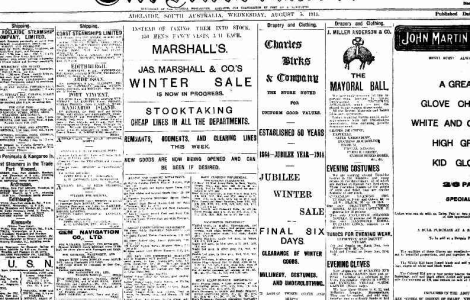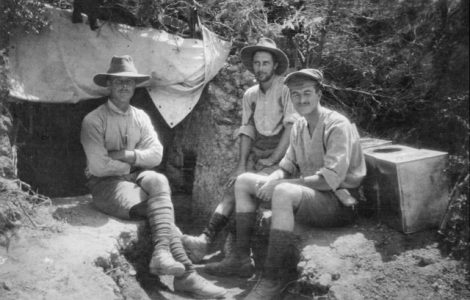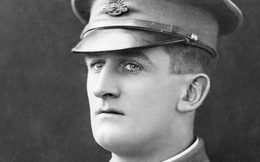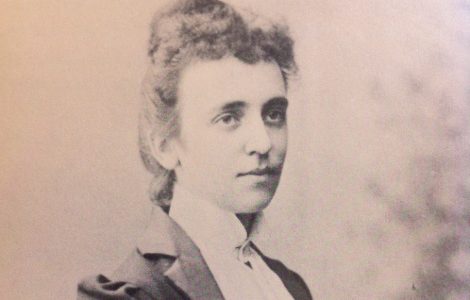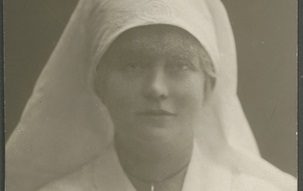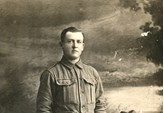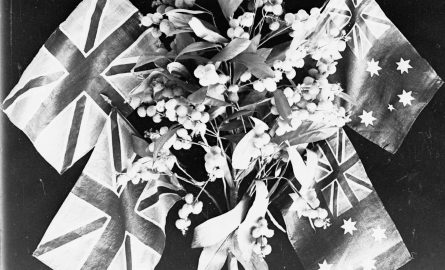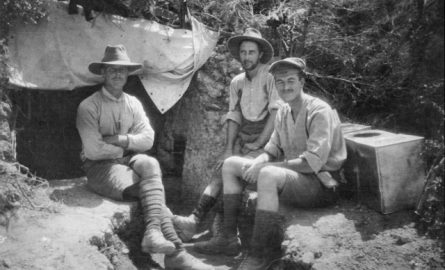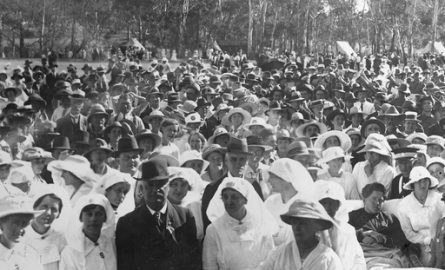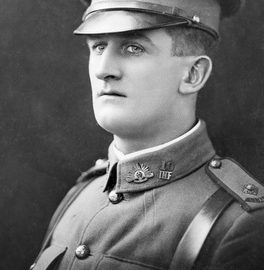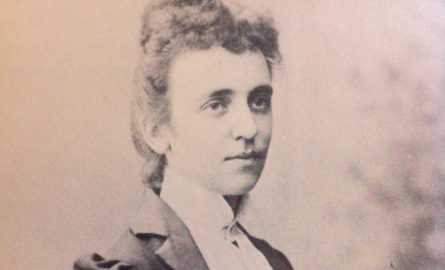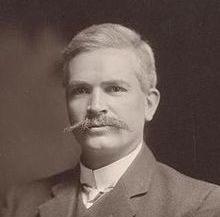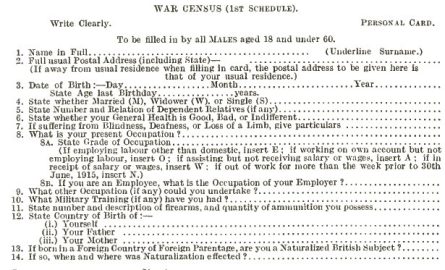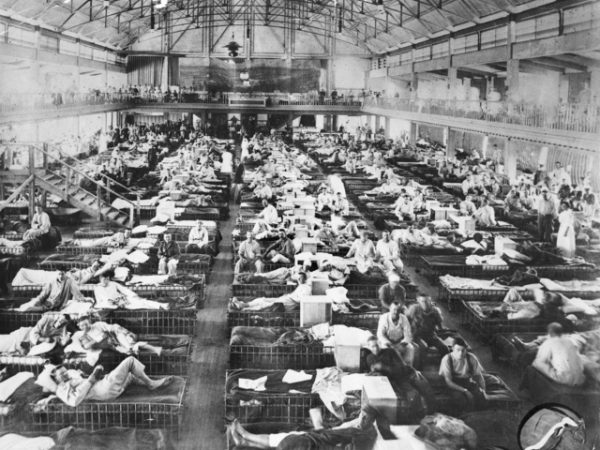
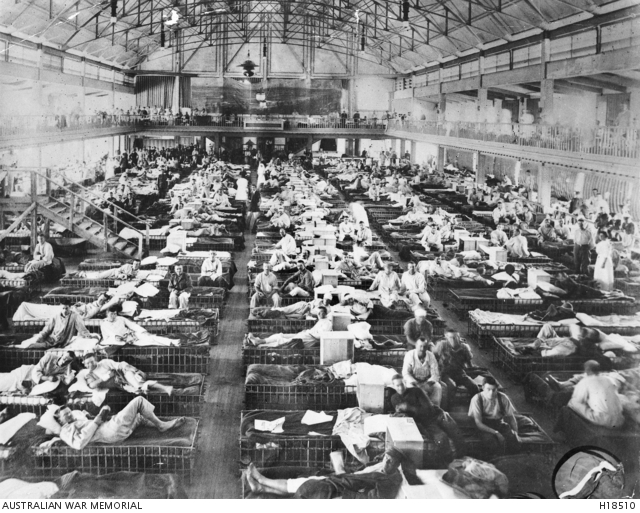
HELIOPOLIS, EGYPT. C. 1915. The interior of the Auxiliary Hospital, which formed part of the No 1 Australian General Hospital, located in the former Heliopolis Palace Hotel. The patients were from Gallipoli.
September, 1915
It is clear that being in the front-lines was taking its toll on the Australian soldiers, as not only injuries, but illness caused many to be evacuated – Lou Avery amongst them. At home, the issue of compulsory service was raised as the War Census gathered information about men aged 18-60.
ON THE FRONTLINES
The failures of the August offensives in the Dardanelles seemed to take a significant toll on both the morale and the health of the Australian troops. Both Leo Terrell and Lou Avery record in their diaries significant health issues, with Avery being evacuated back to Egypt before the end of the month. Both soldiers also recorded that water was rationed. With limited water for washing, it is little wonder that the soldiers made the most of sea bathing, although as Avery noted, there were both joys and perils associated with the activity.
Terrell seems disappointed by a number of aspects of army life, and he continued to criticise his superior officers. No doubt the fact that he had no news from home in the first part of the month added to his frustration. However a pair of socks from Clara later in the month, must have cheered him a little.
Alexandrine Seager’s poem Again Good-bye reminds us that it was almost a full year since the first South Australians had shipped out and the diary entries of our various correspondents show the contrast between those who had experienced the fighting compared with those still waiting to see action. James Churchill-Smith, who began the month at sea still on the way to Egypt, was obviously excited by the prospect of what was to come. His diary gives us an insight into the expectations of a young officer, adapting to his new role. He even expressed a fear that the war was near the end and a hope that ‘I shall be there before the finish’.
For Ethel Cooper in Germany, things were tough. Her friend Sandor (with whom she shared a house) was still waiting to find out whether he would be conscripted. This added to Cooper’s financial troubles. We have seen in previous months how difficult it was for her to make ends meet and given the rising prices and compulsory requisitions, she considered trying to leave Germany, but this was impossible. On the upside though, she received confirmation that her letters to her sister in Adelaide had been successfully despatched. We can only imagine how her sister Emmie must have felt on receiving such a wonderful pile of mail.
THE WAR CENSUS
Back in South Australia, as more wounded came home, there were fears that voluntary enlistments were not high enough. When war was declared, Prime Minister Andrew Fisher had promised to support the Empire ‘to the last man and the last shilling’. Despite enthusiastic fundraising and a healthy flow through the recruiting centres, the war was demanding a higher price. A War Census was conducted during September, designed to gather information about men aged 18-60, who may be suitable for service and also to find out more about the assets of Australians. Some in the community were beginning to call for compulsory conscription.
OTHER NEWS
There was concern about meningitis at Mitcham Camp and there were some disturbing stories in the Advertiser during the month which suggested that there were imposters in uniform claiming to collect on behalf of the various soldiers’ funds. There were also questions in parliament about the auditing of patriotic funds to ensure that there was no misuse. The Governor General, Sir Ronald Munro Ferguson arrived in South Australia in September, visiting the camps and promoting the recruitment campaign. He was accompanied by his wife, Lady Helen Munro Ferguson, who attended the first Annual General Meeting of the Red Cross.
News from the fronts continued to dominate the newspaper, with information about events in Europe and Gallipoli. No doubt South Australians were gladdened by the reports from the Allied Commander in the Dardanelles, Sir Ian Hamilton, about the ‘steadfast valour’ of the Australian troops. They also had an opportunity to explore a relief map of the Gallipoli area, which had been fabricated from contour maps of the region brought home by an officer.
Lastly, on 30 September, the Advertiser carried an obituary for a Lance Corporal George Rothwell Seager – the son of Mrs Alexandrine Seager. He had been killed at Lone Pine in August.


